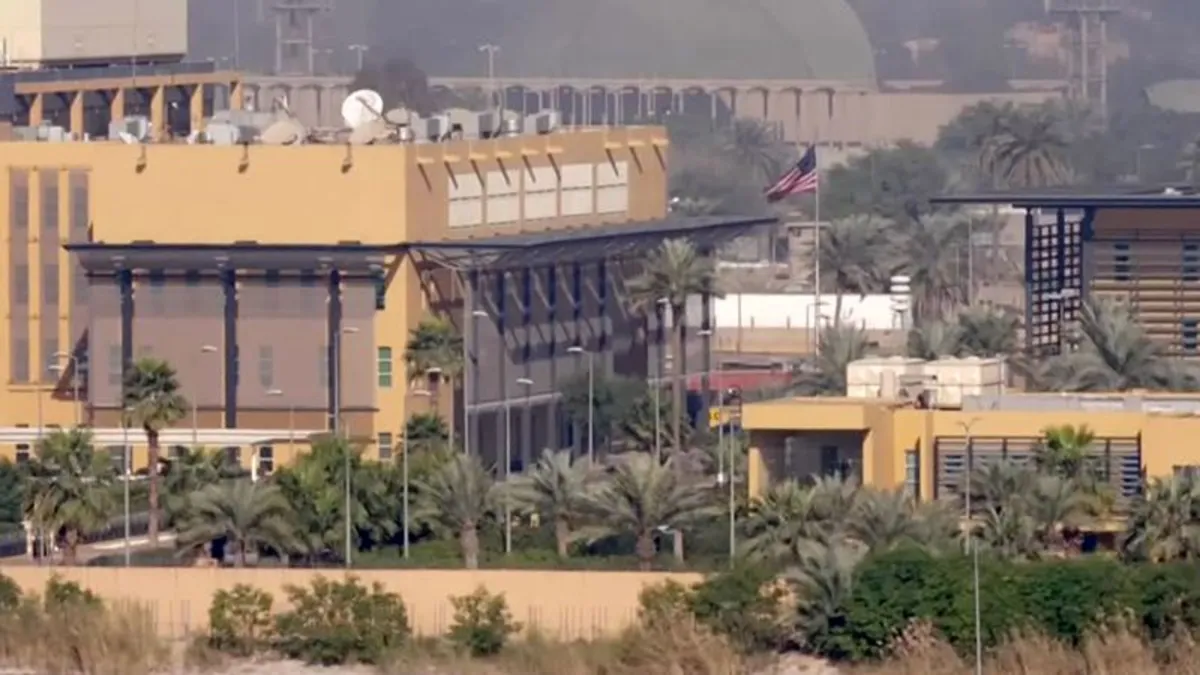
On Wednesday, the U.S. State Department and the Department of Defense initiated procedures for the evacuation of non-essential personnel from various locations across the Middle East. This decision, confirmed by U.S. officials and sources familiar with the situation, reflects a significant shift in the operational posture of the U.S. in the region. While the specific reasons for this sudden change remain unclear, officials indicate that U.S. Central Command (CENTCOM) is closely monitoring escalating tensions in the area.
President Donald Trump addressed reporters upon his arrival at a Kennedy Center event, stating, “They are being moved out because it could be a dangerous place, and we’ll see what happens.” His comments underscore the administration's concern for the safety of U.S. personnel amid a climate of uncertainty. The planned departures coincide with rising tensions involving Iran and Israel as the Trump administration continues to negotiate a new nuclear deal with Iran.
Secretary of Defense Pete Hegseth has authorized the voluntary evacuation of military dependents from multiple locations in the Middle East. A defense official emphasized, “The safety and security of our service members and their families remains our highest priority.” This proactive measure is a response to the evolving security landscape, as CENTCOM remains vigilant in monitoring the situation.
The State Department is also poised to mandate the departure of non-essential personnel from U.S. embassies in Iraq, Bahrain, and Kuwait, citing increased security risks. This directive will extend to the U.S. consulate in Erbil, located in Iraqi Kurdistan. An Iraqi government official commented that these personnel movements are unrelated to the security situation in Iraq.
A State Department official reiterated President Trump's commitment to safeguarding Americans both domestically and internationally. “In keeping with that commitment, we are constantly assessing the appropriate personnel posture at all our embassies. Based on our latest analysis, we decided to reduce the footprint of our Mission in Iraq,” the official stated. Additionally, the department updated its travel advisory to reflect the ordered departure of non-emergency U.S. government personnel due to "heightened regional tensions."
In a recent interview, President Trump expressed growing skepticism about the likelihood of reaching a deal with Iran to curb its nuclear ambitions. He remarked, “I’m getting more and more less confident about it. They seem to be delaying...a shame.” This sentiment was echoed in a conversation with Israeli Prime Minister Benjamin Netanyahu, during which Trump reportedly advised against discussing military action against Iran.
Reports indicate that U.S. intelligence has revealed Israel's preparations for potential strikes on Iranian nuclear facilities. While there are signs of military posturing, including the movement of air munitions, officials caution that a final decision has yet to be made, and there are differing opinions within the U.S. government regarding Israel's intentions.
In a stark warning, Iran's defense minister stated that if diplomatic efforts falter and conflict ensues, the U.S. would be “forced to leave the region.” Brigadier General Aziz Nasirzadeh emphasized that in such a scenario, the adversary would face significant casualties, hinting at the possibility of targeting U.S. bases within the region. His comments reflect the escalating rhetoric surrounding the U.S.-Iran negotiations and the potential for military confrontation.
This situation continues to evolve, and updates will be provided as more information becomes available.